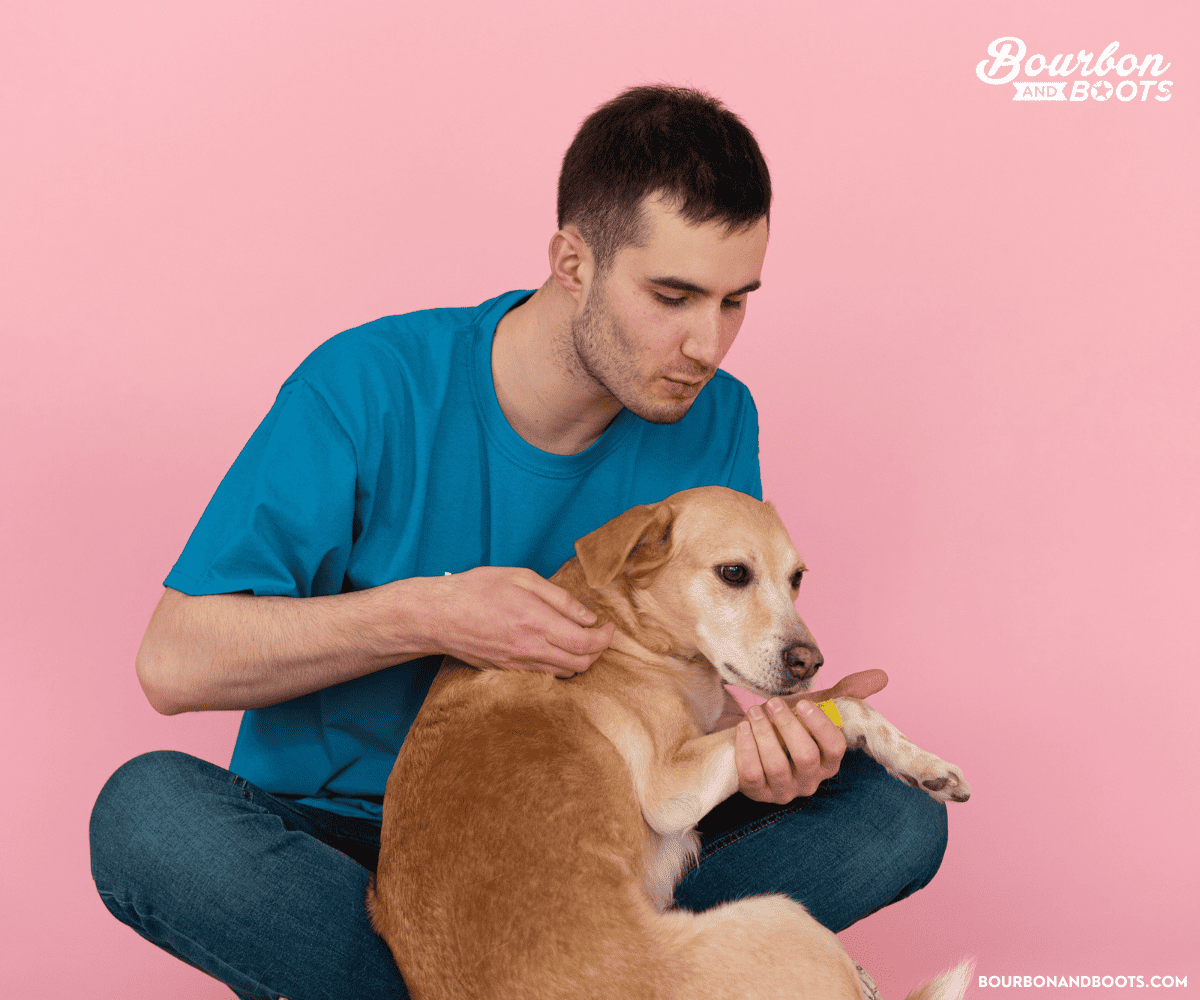Loyal, protective, loving – dogs are arguably the best animal companions humans could hope to have. In fact, dogs have been forming powerful bonds with humans for over 20,000 years. Since those early alliances Adopting a Dog, dogs have continued to be protectors, helpers, and beloved friends to billions around the world.
Regardless of their usefulness and undeniable lovability, there are more dogs who need homes than many people might realize. In fact, each year, there are 3.1 million dogs without homes in the US alone.
With this staggering statistic in mind, you might be compelled to rescue a dog from a life of uncertainty. If so, here are some key points to consider before adopting a dog and providing it a forever home.
1- Consider Your Living Arrangements
Not all dogs are created equal. Likewise, not all households are suitable for every breed of dog. That’s why it’s important to take an honest assessment of your home environment before opening it up to a newly adopted dog.
For instance, a large breed such as a Plott Hound, German Shepherd, or Great Dane needs lots of room to run, frolic, and play.
Alternatively, if you live in a small space, opting for smaller dogs like Pomeranians, Pugs or Poodles is a better choice. In any scenario, you need to be sure you can provide your adopted dog with adequate green space so he or she can “do their business” outside.
 Additionally, make sure you dog-proof your living area before bringing home your new companion. Secure loose electric wires around the home, seal up potential escape holes around outdoor enclosures and eliminate potential hazards around the home. Remember that your new dog will likely sniff around and be very curious about its new home. As such, you should anticipate potential pitfalls that may harm your pup.
Additionally, make sure you dog-proof your living area before bringing home your new companion. Secure loose electric wires around the home, seal up potential escape holes around outdoor enclosures and eliminate potential hazards around the home. Remember that your new dog will likely sniff around and be very curious about its new home. As such, you should anticipate potential pitfalls that may harm your pup.
2- Consider Other Family Members(Adopting a Dog)
Dogs are naturally packed animals. That’s what makes them so uniquely suited for blending in with families. However, not all dogs appreciate the lot of high energy that comes with big family gatherings, kids, or hectic households.
While some dogs such as Golden Retrievers and Beagles typically get along marvelously with kids, you can’t expect the same from other breeds. For instance, Chihuahuas are notorious for being possessive of one adult owner, and might feel resentment and may even retaliate against small children.
This is why it’s important to factor in family members and dog breeds when you’re looking to adopt a dog. Ask the keepers about the dog’s history if you’re going to a shelter. Find out if the dog has a good rapport with kids, or if it might do better in a one-on-one environment.
3- Expect the Unexpected
It’s crucial to be mindful of your dog’s situation. Consider that this creature might have come from an abusive home. Or, it may have been sitting in a cage at a shelter for months before you came along. As such, your new pup might take a while to adjust to your new home. Be patient while your dog acclimates to this new environment. In many cases, a rescue dog will quickly be overjoyed by having a clean, loving environment in which to live.
Adopting a Dog However, don’t be discouraged if it takes time for your adopted dog to adjust. Some symptoms of acclimating to a new home might include Loss of appetite (not eating), panting (nervous), hiding, chewing, whining, crying, barking or even vomiting, defecating, or urinating.
While all of these conditions can be potentially frustrating for you – think about how the dog must feel. In other words, be compassionate, and tolerant and do your best to make your new furry friend comfortable in its new home.
4- Approach Adoption With a Long-Term View
When you set out to adopt a dog, it is critical to approach it as a forever deal. Adopting a Dog is a long-term commitment you are making to take care of a living being. This isn’t something you can return the next day if it doesn’t fit. It’s true that some shelters might allow you to return a dog if it is clearly a mismatch. However, you should make every effort to work with the dog to avoid it going through the trauma of abandonment yet again.
If you do encounter behavioral challenges with your dog, give it time. If problems persist, consider going through training with your dog. In this way, you can learn more about your dog, and the dog can learn how to obey and behave. Remember that dogs are worthy of second chances, and sometimes those turn into third, fourth, and fifth chances to make adopted dogs feel part of their new environment.
In closing, adopting a dog is potentially the most rewarding act you could make both for yourself and a dog. Adopting a DogSo, please make every effort to ensure your new companion has every advantage to live happily ever after and continue to make you happy in the process.


